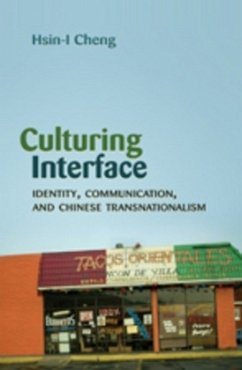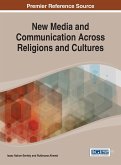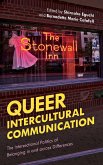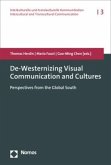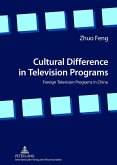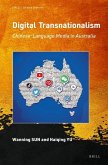This book investigates the experiences of a Chinese and Taiwanese community on the U.S.-Mexico border from a critical communication perspective. Based on ethnographic material from El Paso/Juárez, the book critically explores the processes of identity-crafting in accordance with the global geopolitical landscape. By examining the everyday communications within a group of transnational travelers and dwellers in between boundaries, the book illustrates how cultural practices and identities are strategically accomplished through communication.
In tracing the forces behind these transnational movements and understanding the multiple worlds of travelers and dwellers, Culturing Interface brings to light the previously unheard voices of the Chinese people on the U.S.-Mexico border.
In tracing the forces behind these transnational movements and understanding the multiple worlds of travelers and dwellers, Culturing Interface brings to light the previously unheard voices of the Chinese people on the U.S.-Mexico border.
«'Culturing Interface' is a highly readable account of the emergence of Chinese and Taiwanese transnational culture and communication at the contemporary United States/Mexico border. This book undoubtedly will be read by scholars of critical intercultural communication and transnational communication, ethnographers of communication, as well as by Asian Americanists. Hsin-I Cheng's critical ethnographic approach humanizes the characters of her book, providing a snapshot of social pressures and cultural transformation in process, and breathes new life into studies of hybridized cultural experiences, politics, and identities.» (Kent A. Ono, University of Illinois at Urbana-Champaign)

